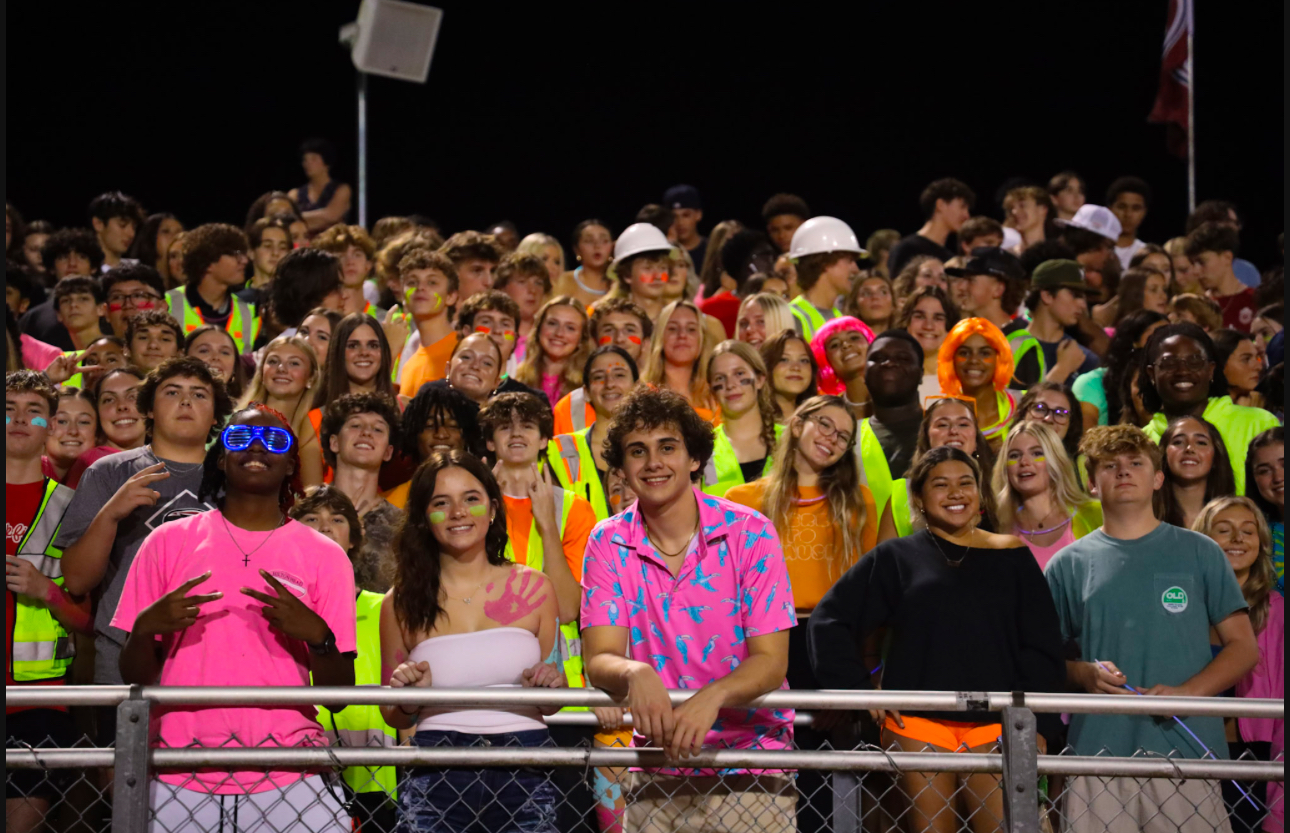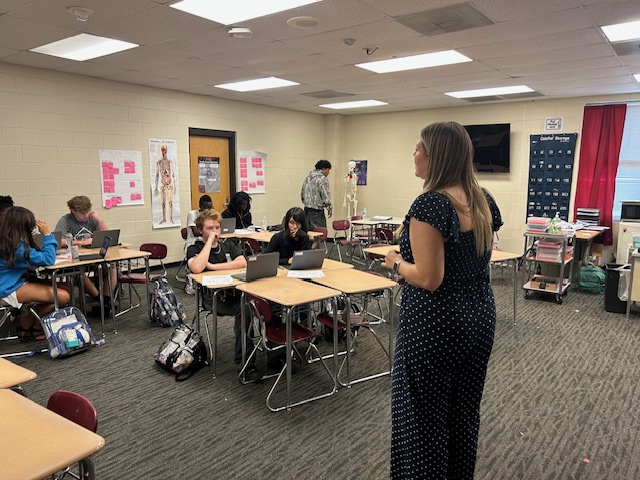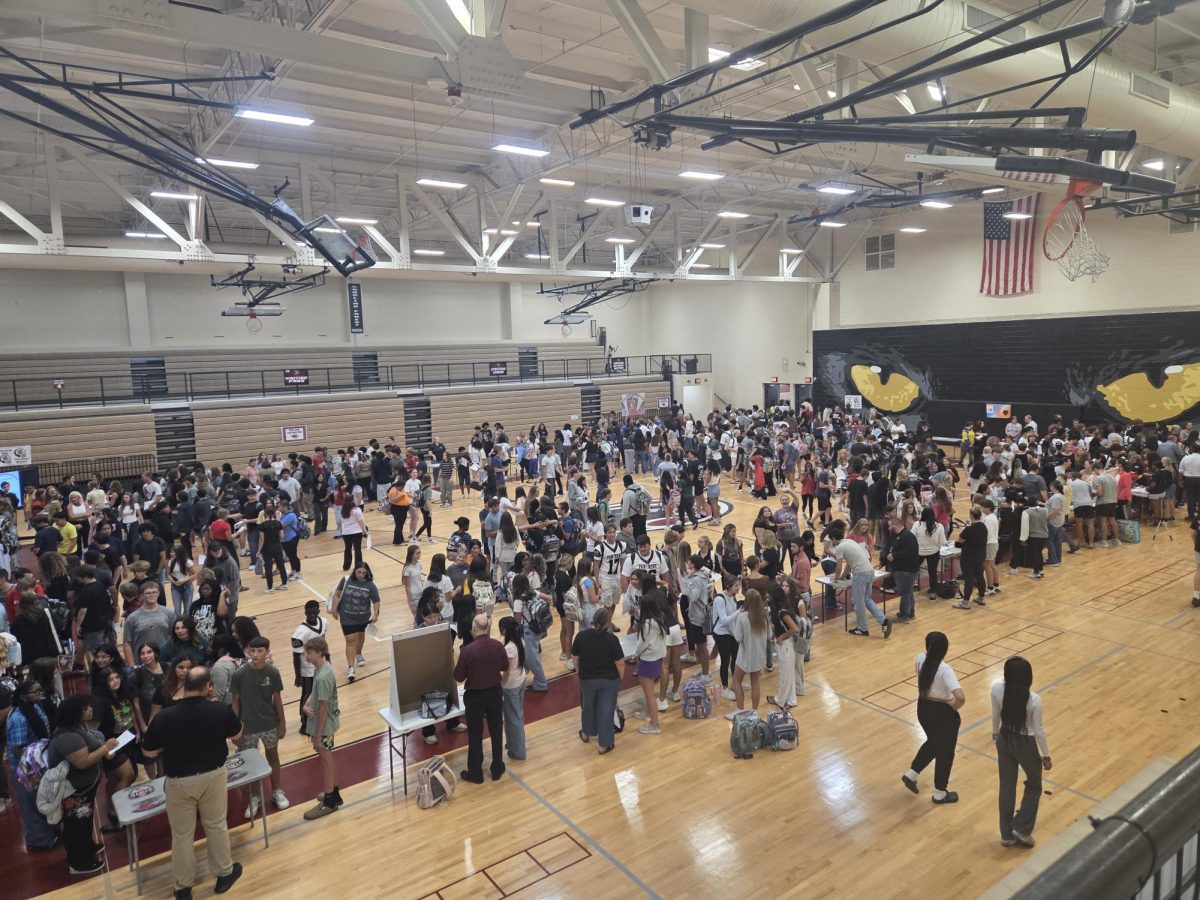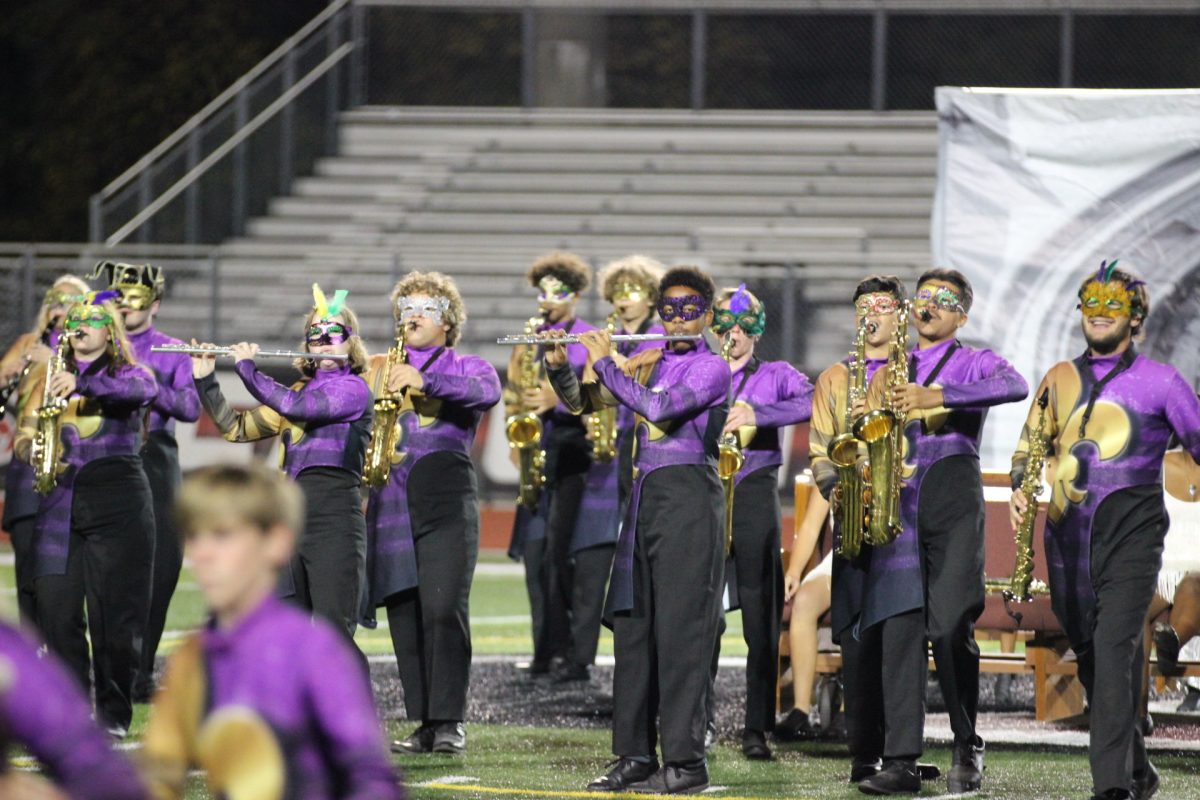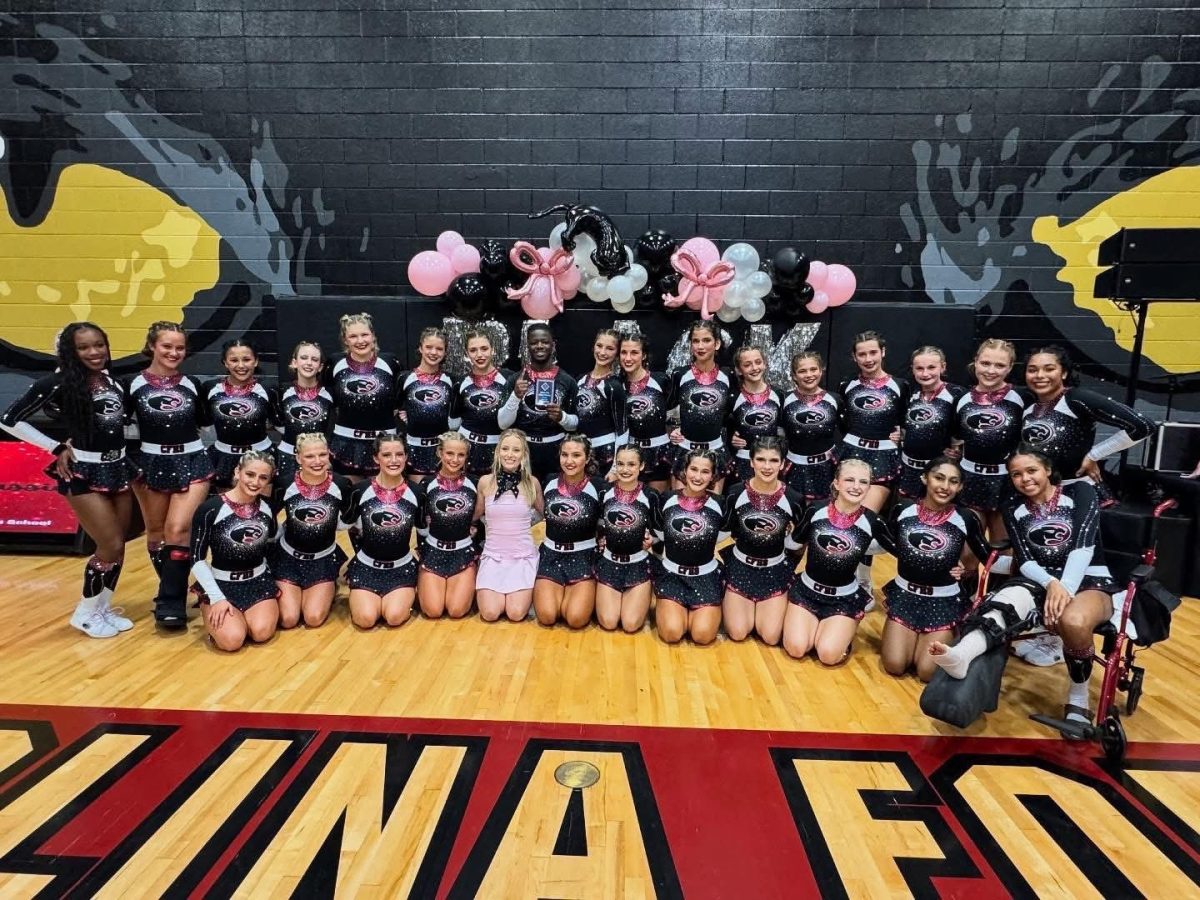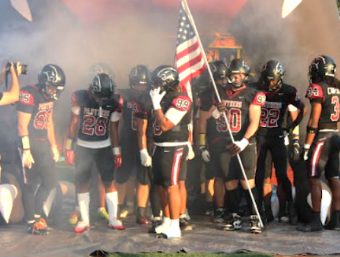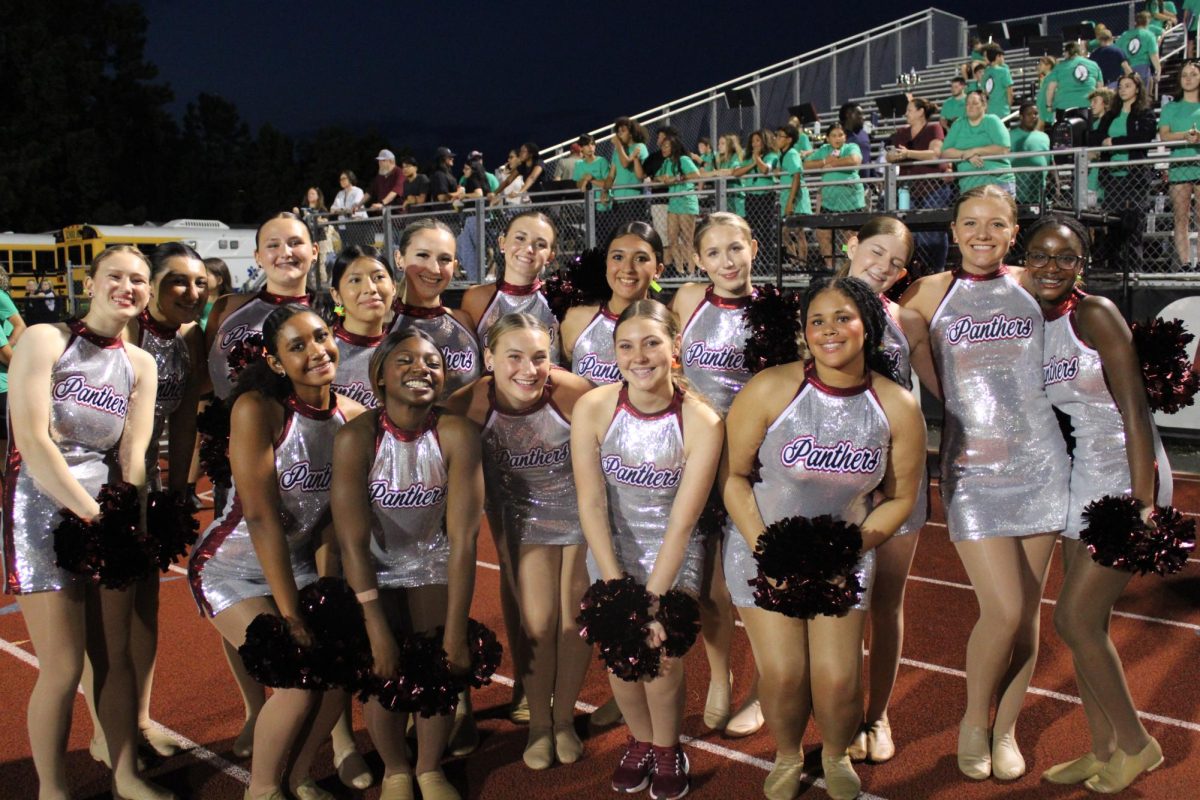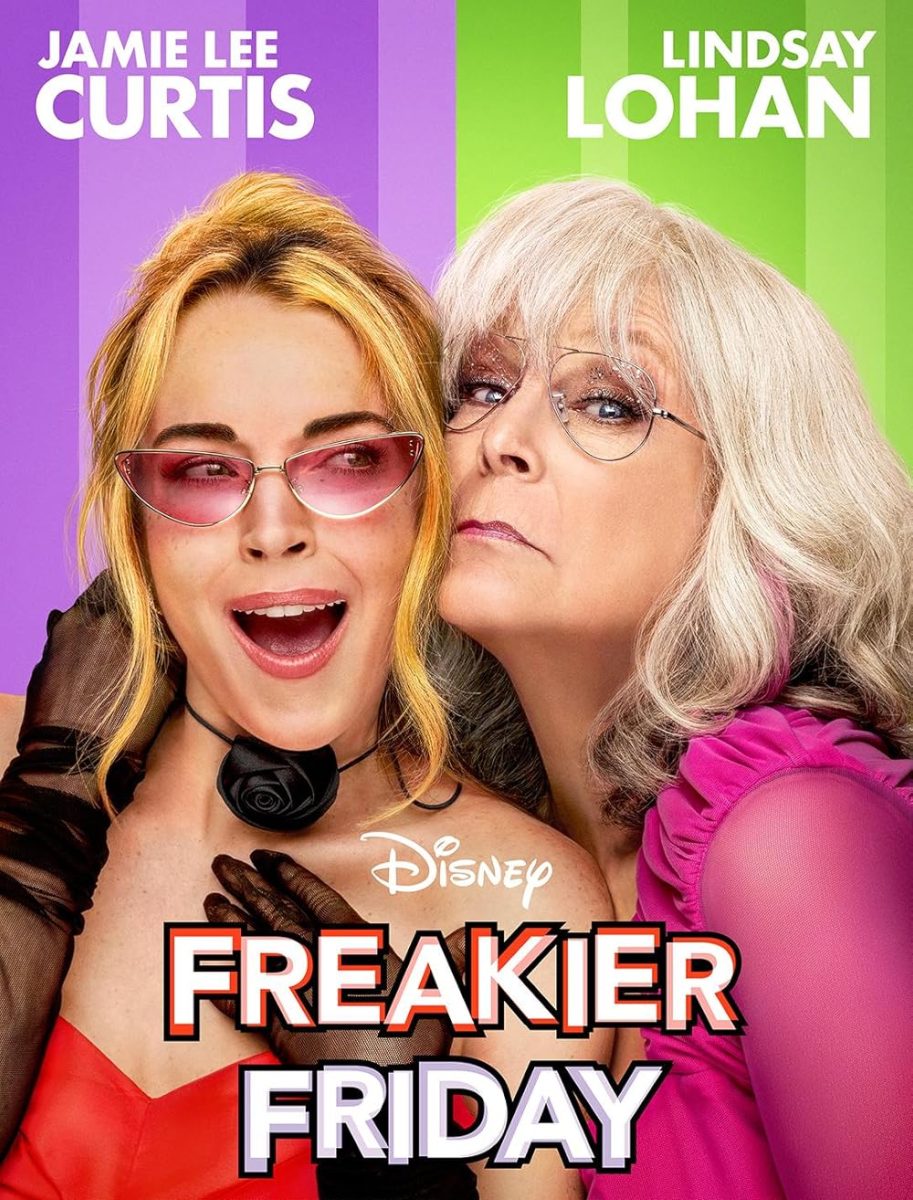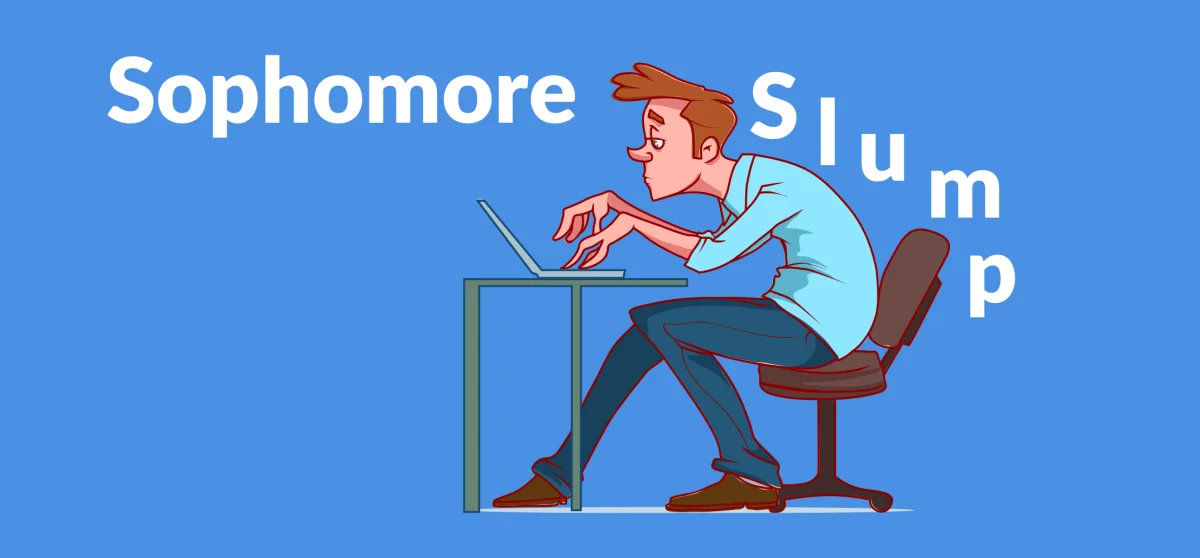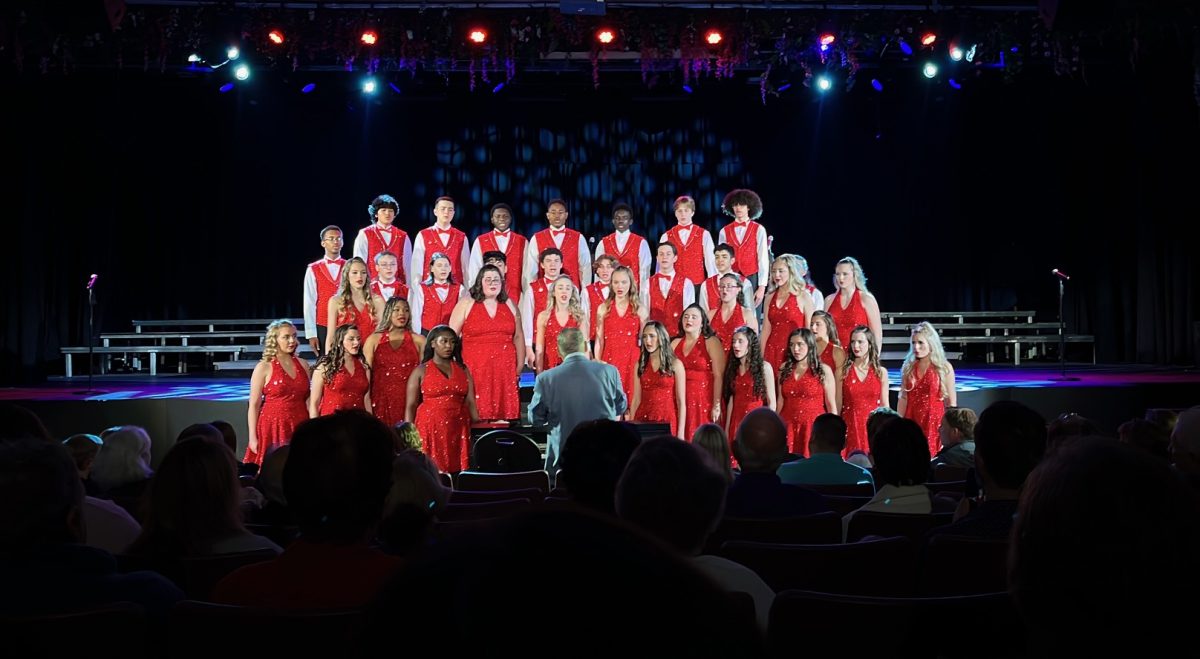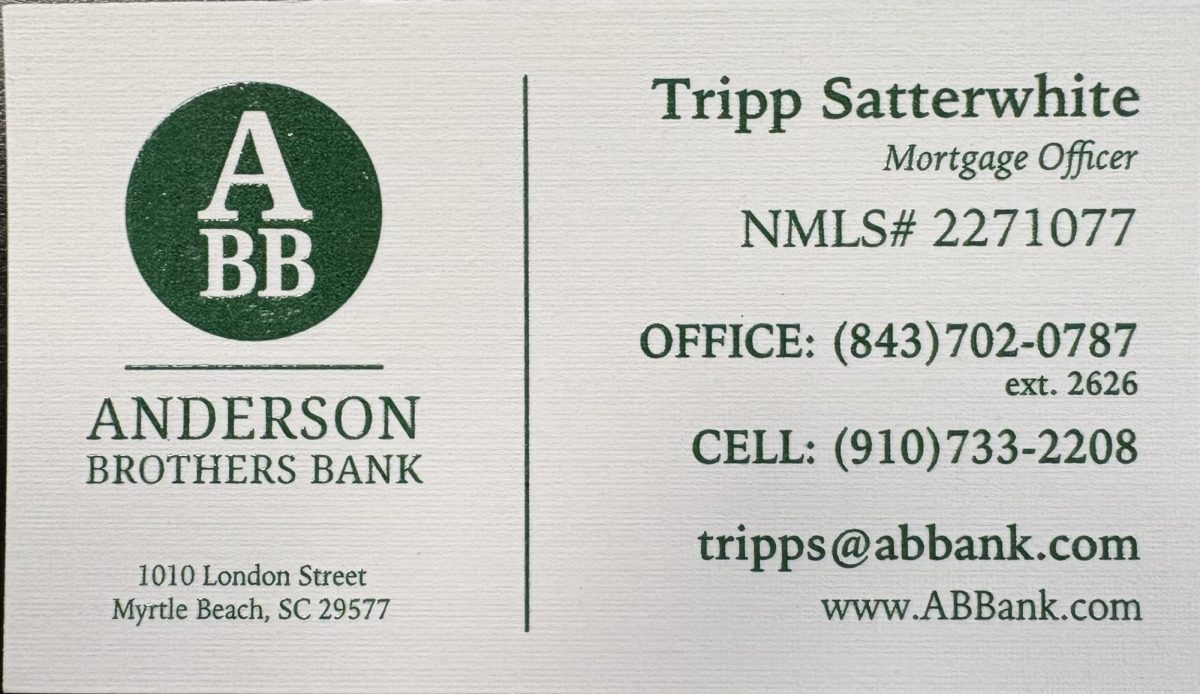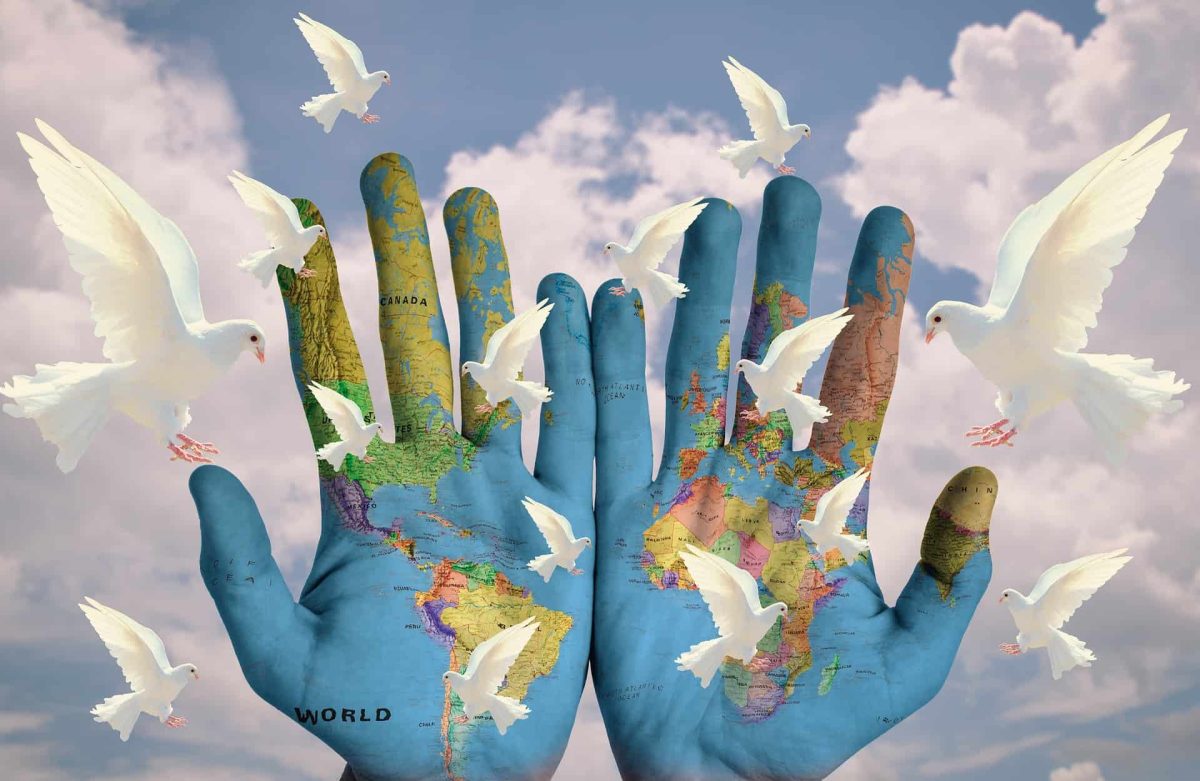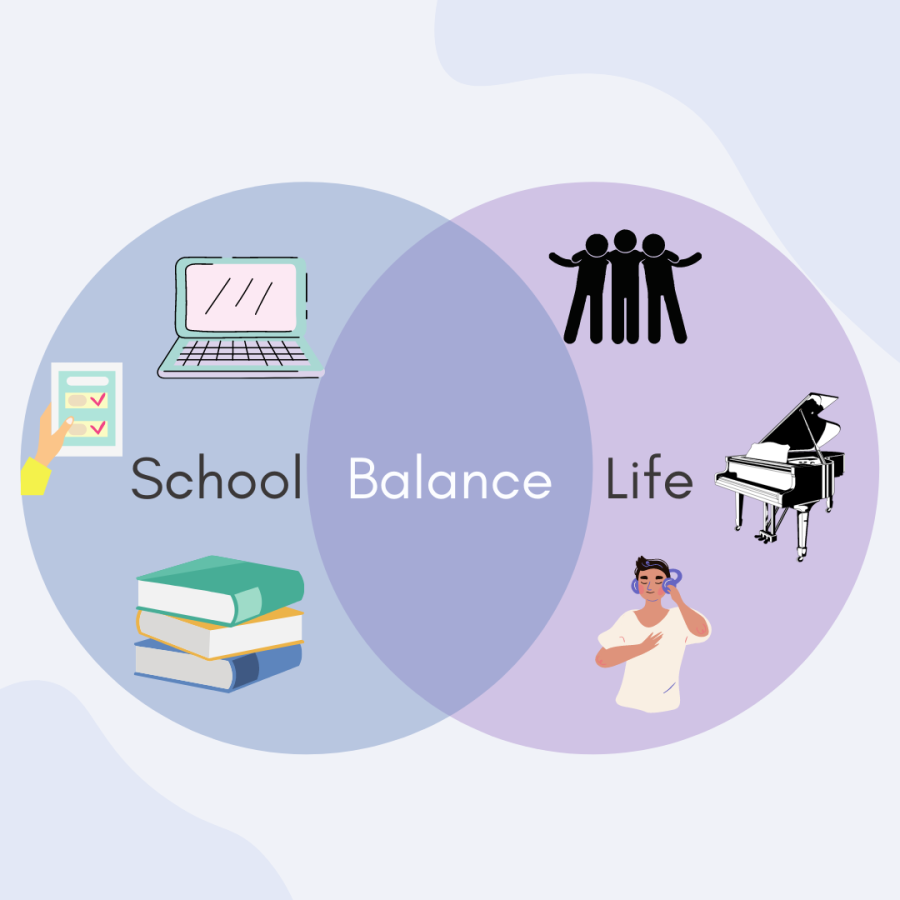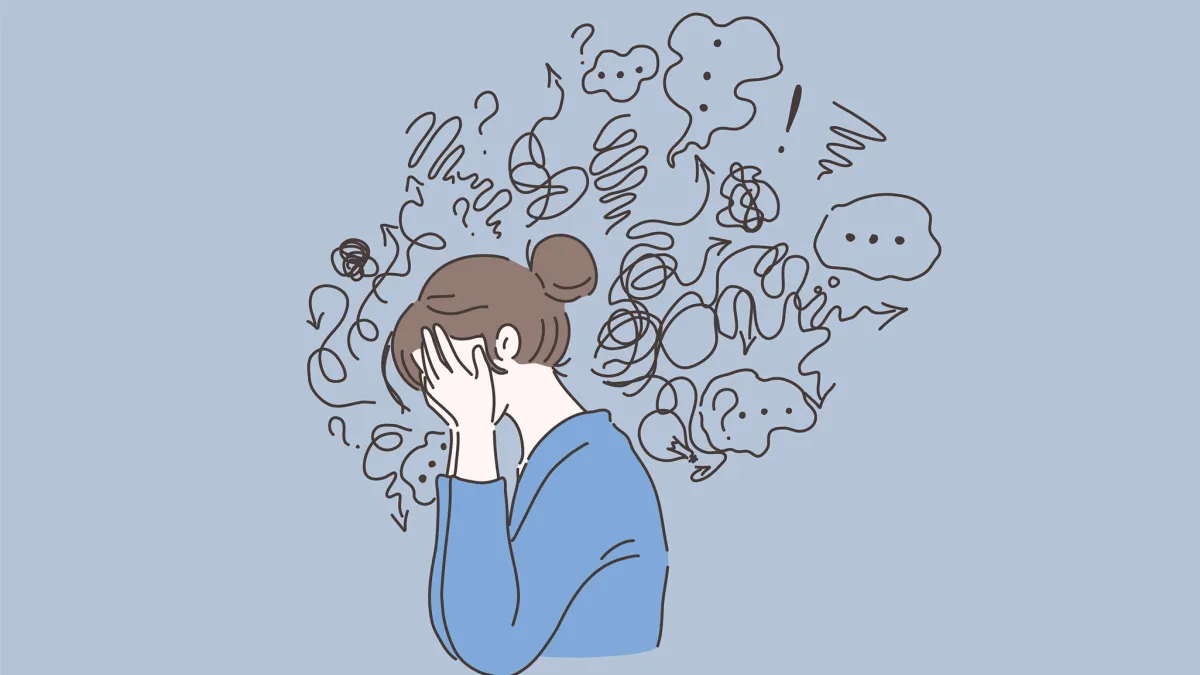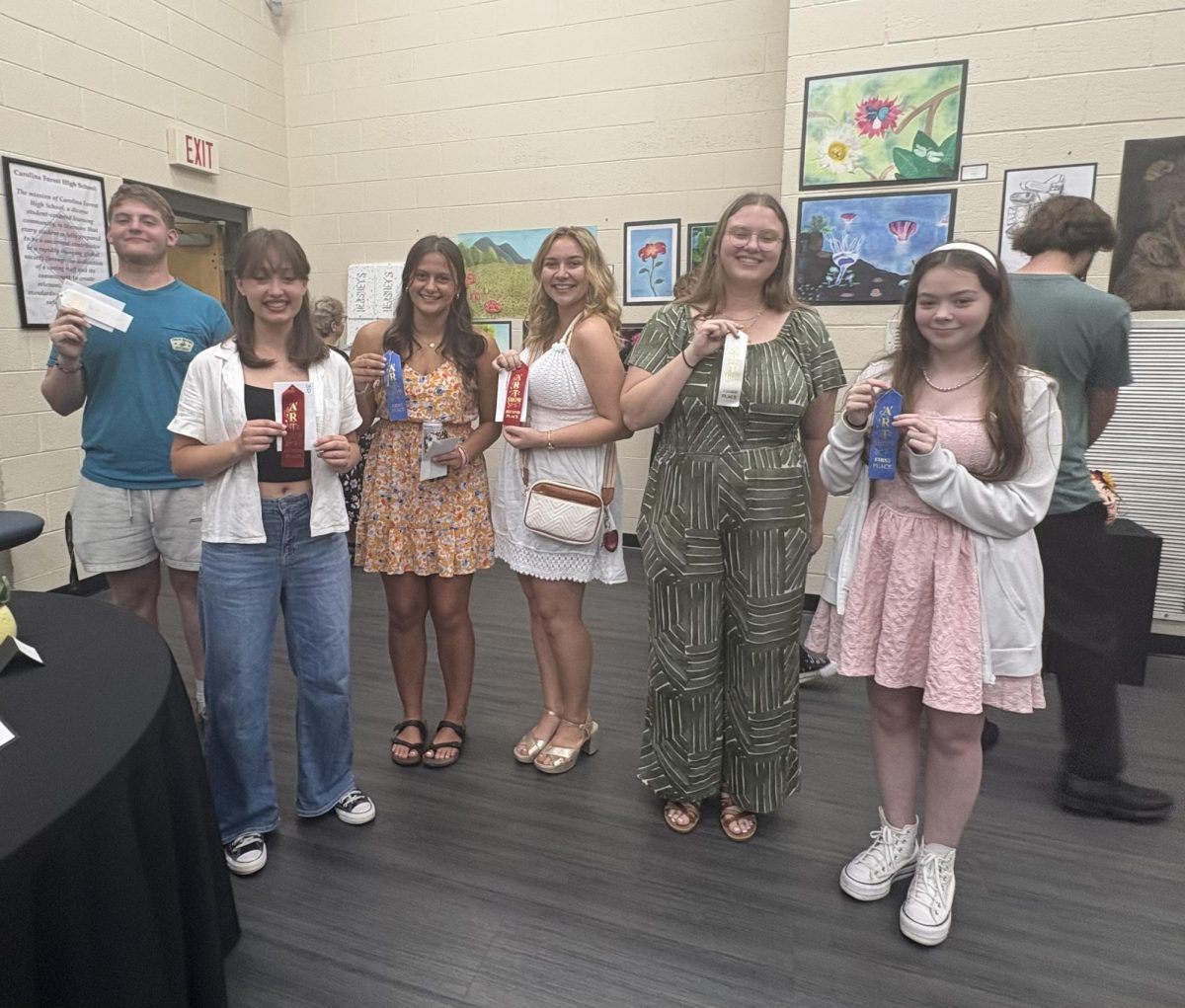As a senior at Carolina Forest High School, I’ve befriended people with a plethora of personalities and interests. Each side of the personality spectrum– introverted or extroverted– presents humanity that I’ve grown to adore as time passed.
However, due to what the media perceives as “conventional attractiveness,” bullying has become a problem for many of the people I’ve talked to, whether it’s because of their outfits, interests, sexuality, race, or physical or mental disabilities. People are shamed for expressing themselves out of the social and progressively gray norm of “fitting in with everyone else.”
Instagram is filled to the brim with reels of people being degraded to the ground thanks to a sudden trend in hyperbolic derogatory comments. These comments are the most common in “cringe pages,” accounts with the sole purpose of reposting content from other accounts that are deemed uncomfortable or cringy. These pages, yearning for consistent content, evolved into making fun of people having fun on the internet. Consequently, due to the large fanbase of these pages, hate is normalized and has spread to unrelated accounts.
Picture an Instagram post of a woman dancing to her favorite music. If she is overweight, does not have an hourglass figure, has acne, does not have pearly white teeth or shows comfortability with her own body that does not meet the unrealistic expectations of conventional attractiveness, the post will be met with hateful speech that can advocate for either the deletion of the post or the suicide of the original poster because she is “beyond fixing.”
This is especially prominent in high school culture. It is common for people to browse Snapchat and run into a story of a picture of someone with goals to create a rally of bullying. These stories seem harmless and small to the usual eye; however, combining the thousands of similar posts into a singular product shows the vast size of the current regular of psychological– and sometimes physical– malice.
So, how can you prevent being bullied?
It is simple: fit in with everyone else. Wear dark-colored clothing, have the same hair as everyone else, keep your head down, stay inside the box with clothing, make fun of people walking past you, maybe catcall others if you feel like it. Show zero physical self-expression so no one will judge or look at you weirdly. Remove acne– a commonly unpredictable factor of puberty– at all costs. Work on your smile; it might be awkward and people may not like it. Fix your genetic attributes like your nose, shoulders, back, and legs to meet expectations.
That’s a lot of things to keep regulated.
The definition of normality has grown so unrealistic that most of these factors are unfixable due to genetics; in other words, people are born with factors that do not fit the so-called social norm. Continuing to enforce a strict definition of attractiveness is deliberately harmful to every contributing team, regardless if you are the victim or the assailant because it motivates paranoia and hatred towards the opposing side. Believing peace is superior– a school-wide agreement– means demolishing current views towards anyone inside and outside the campus.
“People base attractiveness on [what is seen] on social media,” junior Casey Brooks claims. “… When [what they see is] not actually a reality, the person is considered unattractive.”
“I’ve experienced online harassment for my face and body,” says an anonymous sophomore CFHS student. “People have too high of standards for how people ‘should look.’ People can experience depression and other types of mental illnesses because of this.”
I want to promote a new definition of conventional attractiveness.
Conventional attractiveness is dependent on the humanity of the person rather than the appearance or personality that fits inside of the current spectrum of normality. Rather than judgment, attractiveness should be judged on the gentleness and kindness of the person.
I do not know if this issue will be fixed within the future due to the people’s interpretation on comedic effect regarding the degradation of the innocent (a very unfortunate form of humor).
However, people who have been harassed online and forced into depression, anxiety, or suicidal thoughts should remember that: you are not alone. The internet, though normalized, is a place of haunting anonymity, creating a sense of security in making fun of others.
Below are two resources against suicide and crisis that are available seven days a week. Those who have been attacked into suicidal tendencies should not remain silent.
Suicide Hotline
Call 988
Crisis Text Line
Text HOME to 741741
Image: Google.com
